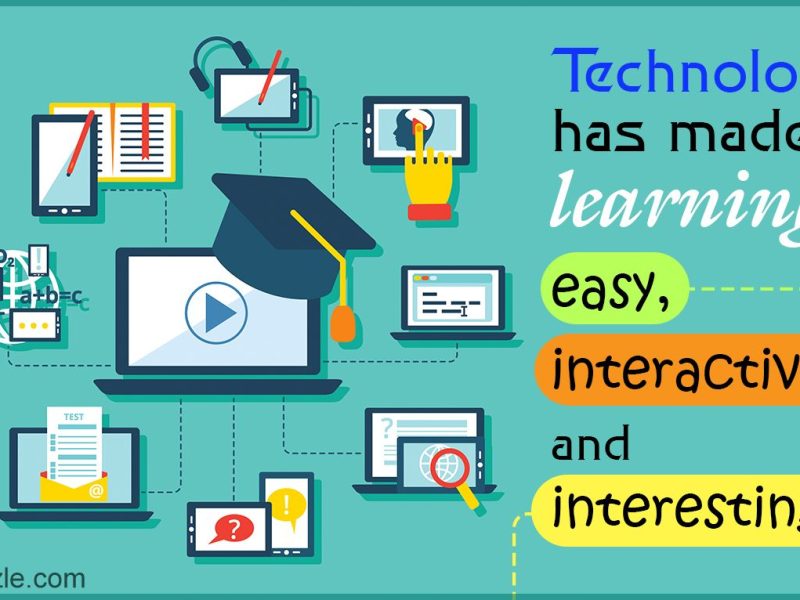In today’s digital age, technology has revolutionized the way we travel. From booking flights and hotels to navigating unfamiliar destinations, technology has made the travel experience more seamless and convenient than ever before. In this article, we will explore how technology is transforming the travel industry and changing the way we explore the world.
Booking Travel
Gone are the days of visiting a travel agent or calling airlines to book a flight. With the rise of online travel platforms, booking travel has never been easier. Websites and mobile apps such as Expedia, Booking.com, and Airbnb allow travelers to compare prices, read reviews, and book accommodations with just a few clicks. These platforms have streamlined the booking process, making it more convenient and accessible for travelers around the world.
Furthermore, advancements in artificial intelligence and machine learning have made personalized travel recommendations a reality. Algorithms can analyze a traveler’s preferences and past bookings to suggest tailored travel experiences, making it easier to find the perfect destination and accommodations.
Navigation
Once travelers arrive at their destination, technology continues to play a crucial role in navigation. GPS technology has made getting around unfamiliar cities a breeze, with mapping apps such as Google Maps and Waze providing real-time directions and traffic updates. Travelers no longer need to rely on paper maps or ask for directions; instead, they can simply input their destination and let their smartphone guide them every step of the way.
In addition to GPS navigation, augmented reality (AR) technology is starting to revolutionize the way we explore new places. AR apps can overlay information and directions onto the real world, providing travelers with a more immersive and interactive experience. For example, travelers can use AR apps to learn about historical landmarks or discover hidden gems as they explore a new city.
Communication
Technology has also transformed the way we communicate while traveling. With the rise of smartphones and messaging apps, staying connected with friends and family back home has never been easier. Travelers can share their experiences in real-time, exchange photos and videos, and even make voice or video calls no matter where they are in the world.
Language barriers are also becoming less of a concern, thanks to translation apps and devices. Travelers can now instantly translate text, speech, and even signs in different languages, making it easier to navigate and communicate in foreign countries. These tools have made it more accessible for travelers to immerse themselves in new cultures and connect with locals during their travels.
Conclusion
Technology has significantly changed the way we travel, from booking flights and hotels to navigating unfamiliar destinations. With the convenience of online travel platforms, personalized recommendations, GPS navigation, AR technology, and communication apps, travelers now have the tools and resources to make their travel experiences more seamless and enjoyable. As technology continues to advance, we can expect even more innovations that will further enhance the way we explore the world.


